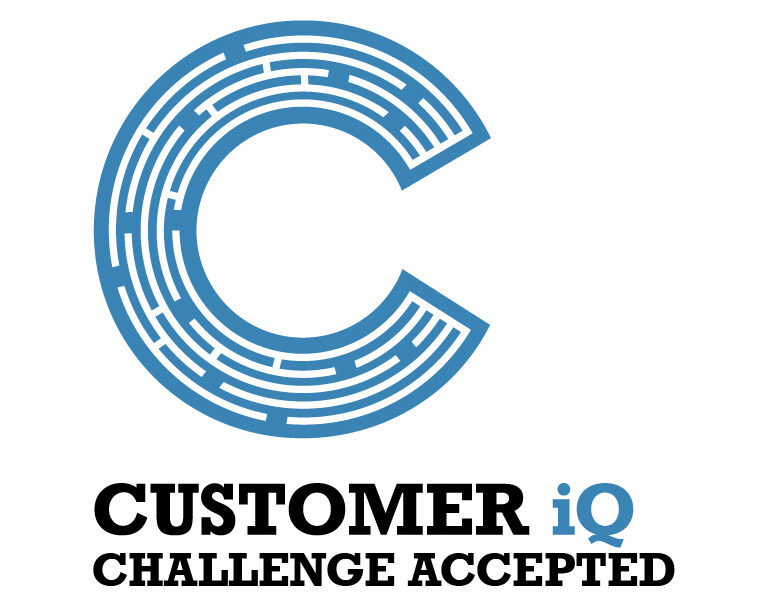As your startup develops and grows – you have funding and/or generating revenue – there’s a point to consider outsourcing your research needs. But how?
Earlier on in your startup journey? Then DIY research is more applicable (and we have a course for that!) and often an off-the-shelf market research report will give you what you need to get going.
But, when it comes to the point where you need to outsource, how on earth do you go about it!?
I’ll be running a webinar on this topic soon (and here’s one I did earlier on this topic) which will cover this in some detail but I thought I’d tee up interest with a post.
As with buying anything for the first time, buying research can carry a huge risk. You could very easily spend £10k and not get much value from it, because it’s not what you need.
So how about reducing that level of risk? Here are some pointers:
This is good news from a buyer’s pov – lots of highly specialised suppliers to choose from. But it means you have a lot of potential partners to wade through.
Do you ask for a recommendation? Yes, most people do. However, what has worked for one person, might not work for you. Mainly due to that high level of specialisation and the fact that your specific need from research is likely to be very different to someone else.
Couple of ideas:
I would 100% recommend you get this down to a minimum of 3 potential partners who you’d like to contact for a proposal or quote.
It’s easy to get intimidated by a research agency because you’re not following ‘the process’ so a brief will make sure they see you as a bone fide buyer and treat you accordingly. Use my research brief template to help you figure out what to include.
Assessing proposals can be done in any way you like but I would consider things like:
Earlier on in your startup journey? Then DIY research is more applicable (and we have a course for that!) and often an off-the-shelf market research report will give you what you need to get going.
But, when it comes to the point where you need to outsource, how on earth do you go about it!?
I’ll be running a webinar on this topic soon (and here’s one I did earlier on this topic) which will cover this in some detail but I thought I’d tee up interest with a post.
As with buying anything for the first time, buying research can carry a huge risk. You could very easily spend £10k and not get much value from it, because it’s not what you need.
So how about reducing that level of risk? Here are some pointers:
Find the right supplier
The research industry in the UK (and most developed markets) is very mature and has a huge number of suppliers. A mature industry also means the supply network is highly specialised.This is good news from a buyer’s pov – lots of highly specialised suppliers to choose from. But it means you have a lot of potential partners to wade through.
Do you ask for a recommendation? Yes, most people do. However, what has worked for one person, might not work for you. Mainly due to that high level of specialisation and the fact that your specific need from research is likely to be very different to someone else.
Couple of ideas:
- Use keyword searches on LinkedIn to narrow down your search – example here of a list of research suppliers who specialise in ‘youth’
- There are ‘industry’ tools like the MRS directory although personally I find this a difficult tool to get good results from
- Try insightplatforms.com for some suggestions which are more tech-driven
I would 100% recommend you get this down to a minimum of 3 potential partners who you’d like to contact for a proposal or quote.
Brief them properly
A good research brief will help you appear more professional and help you to really think about and process what you really need.It’s easy to get intimidated by a research agency because you’re not following ‘the process’ so a brief will make sure they see you as a bone fide buyer and treat you accordingly. Use my research brief template to help you figure out what to include.
Assess proposals and quotes
If your potential suppliers really understand your business and your needs, they will have asked you how you’d like to receive a proposal. Easy then to discount those that haven’t asked this question and instead send you a 100-page pdf doc full of waffle (unless this is what you wanted of course!).Assessing proposals can be done in any way you like but I would consider things like:
- Price – does it look like you’re getting value for money?
- Understanding of you, your business, your problem
- Timing – does this fit with your expectations?
- Team – important to know exactly who will be working on the project day-to-day
- Method – may be difficult to judge if you’ve not much experience of research but use your intuition (or ask a friend for advice, maybe me 🙋).
Clarity
Before buying, get clarity. You want to know what happens and when, what you should expect. Find out things like:- How much involvement do they need from you and when?
- What happens after the work has been completed? Do they hang around and help you implement the recommendations or are they gone into the night, chasing their next client
- What happens if/when things go wrong? What can go wrong and how do they avoid and fix this?











